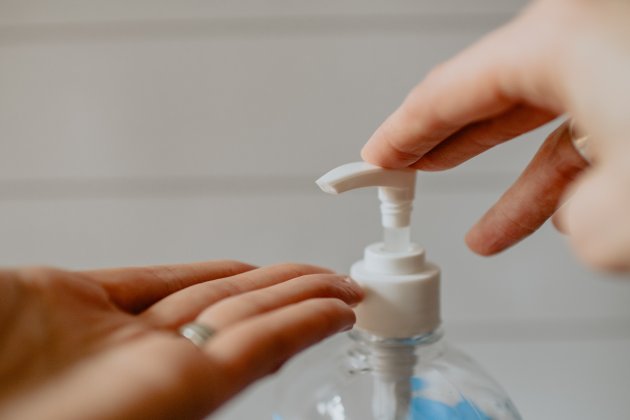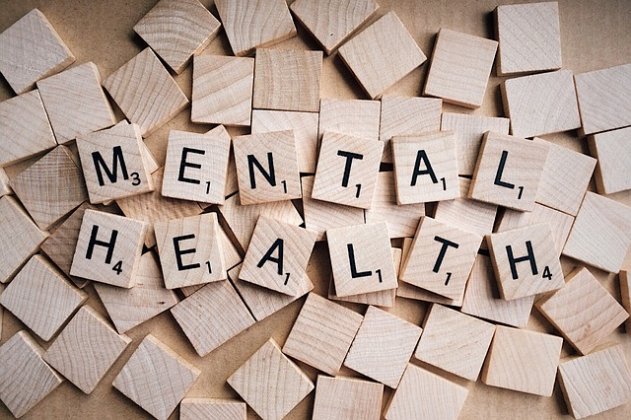One way to supplement the growing need for Personal Protective Equipment (PPE) is to join the national movement of volunteers who have started to sew face masks. This generous outpouring is in response to the Center for Disease Control's guidance that fabric masks are a crisis response option when other supplies have been exhausted.
The Coronavirus pandemic continues to demand timely, innovative solutions that focus on keeping people safe. And as we are learning, these solutions require the willingness of health care institutions to work together for the greater good.
With that in mind we want to reassure our neighbors and friends both locally and across Vermont that the Brattleboro Retreat and Brattleboro Memorial Hospital (BMH) have developed an effective way to address the needs of psychiatric patients with possible COVID-19 needs.
NOTE: This article was co-written by members of the Anna Marsh Clinic Staff
As the new and unprecedented reality of a worldwide pandemic sets in, people from all walks of life are grappling with feelings of uncertainty along with understandable emotions including fear and anxiety.
Even in the midst of what seems like a fast-moving situation, we know we will be coping for a period of time with a variety of temporary, but life altering responses, aimed at keeping as many people as possible safe and healthy.
Dear Community Member,
As we focus collectively on the threat of the COVID-19 coronavirus, I want to assure you that the Brattleboro Retreat is taking numerous steps to safeguard the health of our patients, staff, and community.
At the same time, we are remaining focused on our core mission to provide quality mental health and addiction services. With the few exceptions listed below, we are continuing to accept admissions across many of our programs.
-
Put your own oxygen mask on first! Make sure your fears are in check and that you get the help you need to cope during these unprecedented times. Talk to your friends and other supports about this privately, out of earshot from children. With young children around turn off the radio and television when Covid 19 broadcasts are on. With older children limit it; there is only so much any of us can take without feeling anxious.
As CEO of Vermont’s largest psychiatric facility, my day-to-day thoughts tend to center on the mental health and addiction issues that impact people in Vermont and neighboring states. Each year, thousands of adults, adolescents, and children from across the region turn to the Brattleboro Retreat in times of need, and our mission to serve them has never been more critical.
It's hard to turn on the radio or visit your favorite online news source these days without coming across a feature story or in-depth series about the state of mental health treatment here in Vermont and nationwide.
More often than not, the media pays a good deal of attention to system inadequacies, regulatory and/or clinical missteps, perceived waste, and poorly coordinated care. Fair enough.
Meet Colleen E. Carney, PhD, Director of the Sleep and Depression Laboratory at Ryerson University in Toronto. In this interview with host, Gay Maxwell, Dr. Carney describes why cognitive behavioral therapy is the best treatment for insomnia.
With suicide rates on the increase locally and around the world, Naomi Rather, LMHC and Deborah Curtis, LICSW both certified Emotionally Focused Couples Therapists and founders of Seacoast-eft.com, seek the expertise of Brattleboro Retreat's Chief Clinical Officer Kirk Woodring to help understand this tragic phenomenon. In this episode of The Couch, the discussion identifies connection is a protective factor against suicide.









